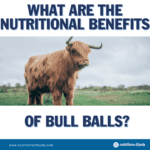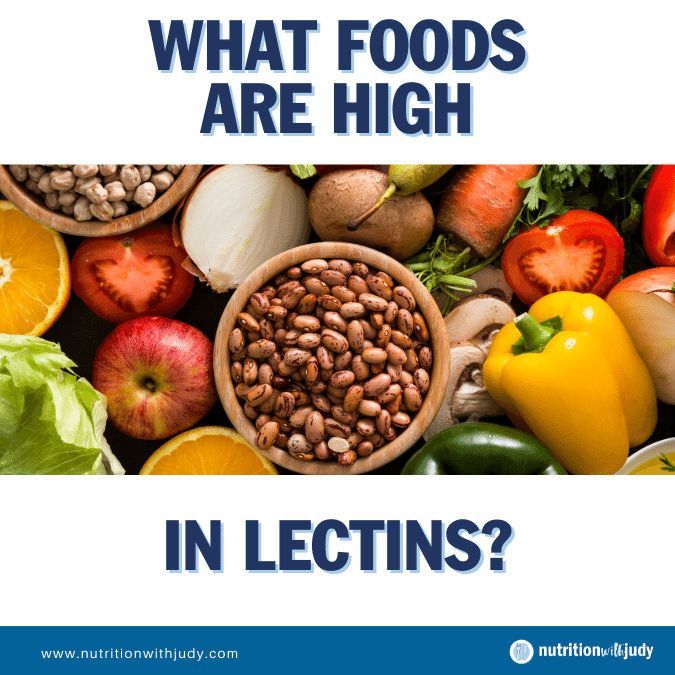

What Foods Are High In Lectins?


Welcome to our exploration into the world of lectins and their impact on diet and health. Understanding which foods are high in lectins is crucial for anyone considering a shift towards healthier eating habits, particularly those interested in a carnivore diet. Lectins, a type of protein predominantly found in many plant-based foods, act as anti-nutrients. This means they can hinder the absorption of essential nutrients and have various effects on gut health.
Embracing a carnivore diet inherently minimizes the consumption of lectins. This approach not only reduces the intake of these plant-based anti-nutrients but also emphasizes the consumption of nutrient-dense animal products. Such a dietary shift aligns with holistic wellness practices, offering a pathway to improved health and well-being. In the following sections, we will delve deeper into the specifics of lectin-rich foods, their potential effects on our bodies, and how a carnivore diet can be a strategic choice to mitigate these effects.
What Are Plant Anti-Nutrients?
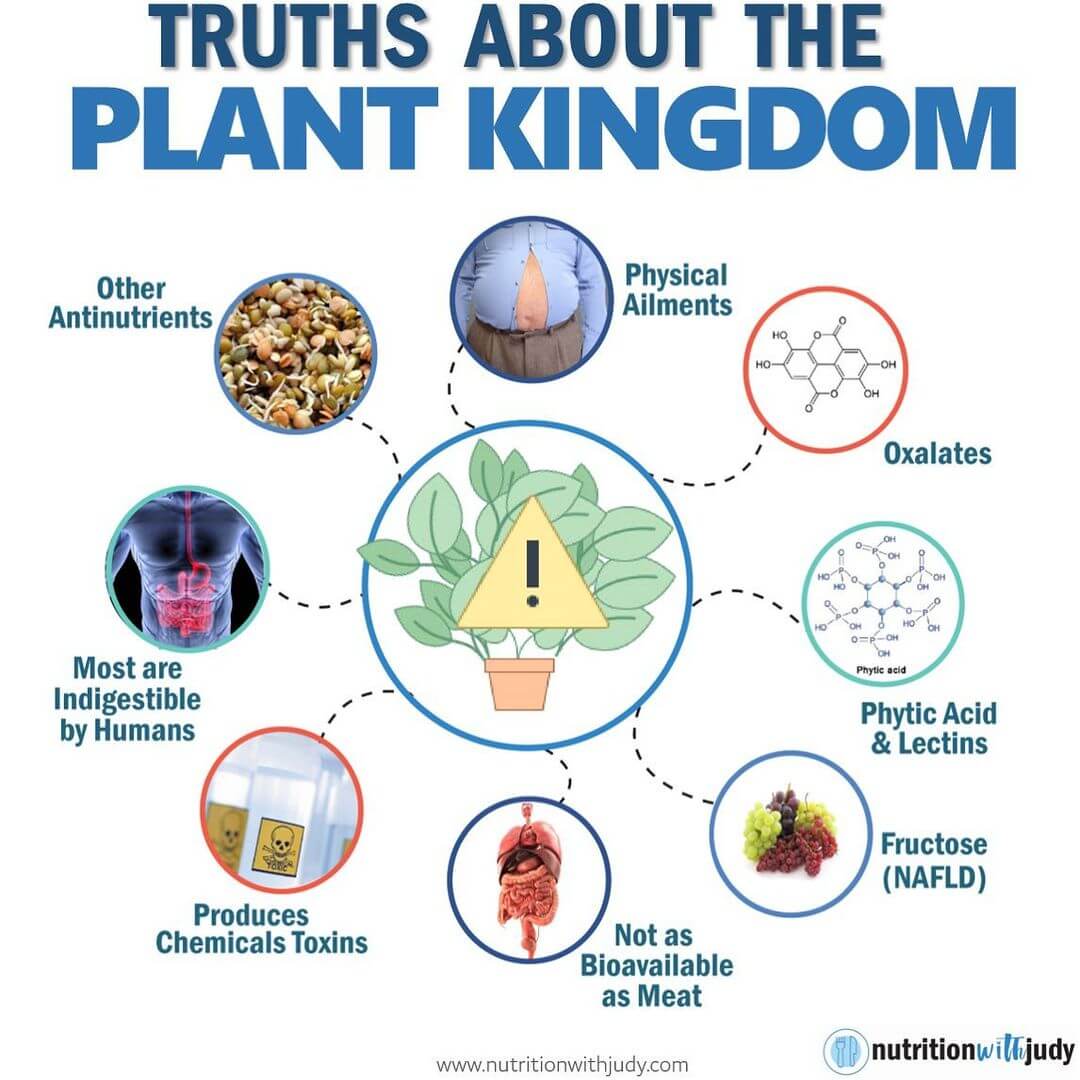

Plant anti-nutrients are natural compounds found in various plant foods that can interfere with the absorption of essential nutrients and potentially lead to health issues. These substances are part of a plant’s defense mechanism against pests and diseases but can have unintended consequences when consumed by humans. There are several types of anti-nutrients, with some of the more commonly known ones being phytic acid, oxalates, and lectins.
Phytic acid, primarily found in grains, nuts, and seeds, can bind minerals such as iron, zinc, and calcium, reducing their bioavailability. This binding process can lead to mineral deficiencies, particularly in people relying heavily on plant-based diets.
Oxalates are another group of anti-nutrients commonly present in foods such as spinach, beets, and nuts. They can bind with calcium to form calcium oxalate, a primary component of kidney stones. High consumption of oxalate-rich foods might increase the risk of kidney stone formation, especially in susceptible individuals.
Lectins, found in legumes and grains, are known for their ability to bind to the intestinal lining. This binding can disrupt the gut barrier, potentially leading to digestive issues and increased gut permeability, often referred to as “leaky gut.” This condition is associated with various autoimmune diseases and inflammatory conditions.
Understanding these plant anti-nutrients and their potential health risks is essential, especially for those considering dietary changes such as adopting a carnivore diet, which naturally eliminates these compounds.
What Are Lectins?
Lectins are a type of protein found in many plant foods, notably in grains, legumes, and certain vegetables. They serve as a natural defense mechanism for plants against predators. However, when consumed in significant amounts by humans, lectins can pose health risks.
They are known to bind to the cells lining the digestive tract, potentially leading to a compromised gut barrier, a condition often termed “leaky gut.” This disruption can trigger an immune response, which has been linked to autoimmunity and other chronic conditions. The connection between lectins and these health issues highlights the importance of understanding their impact on our diet and well-being.
What Foods Contain High Levels of Lectins
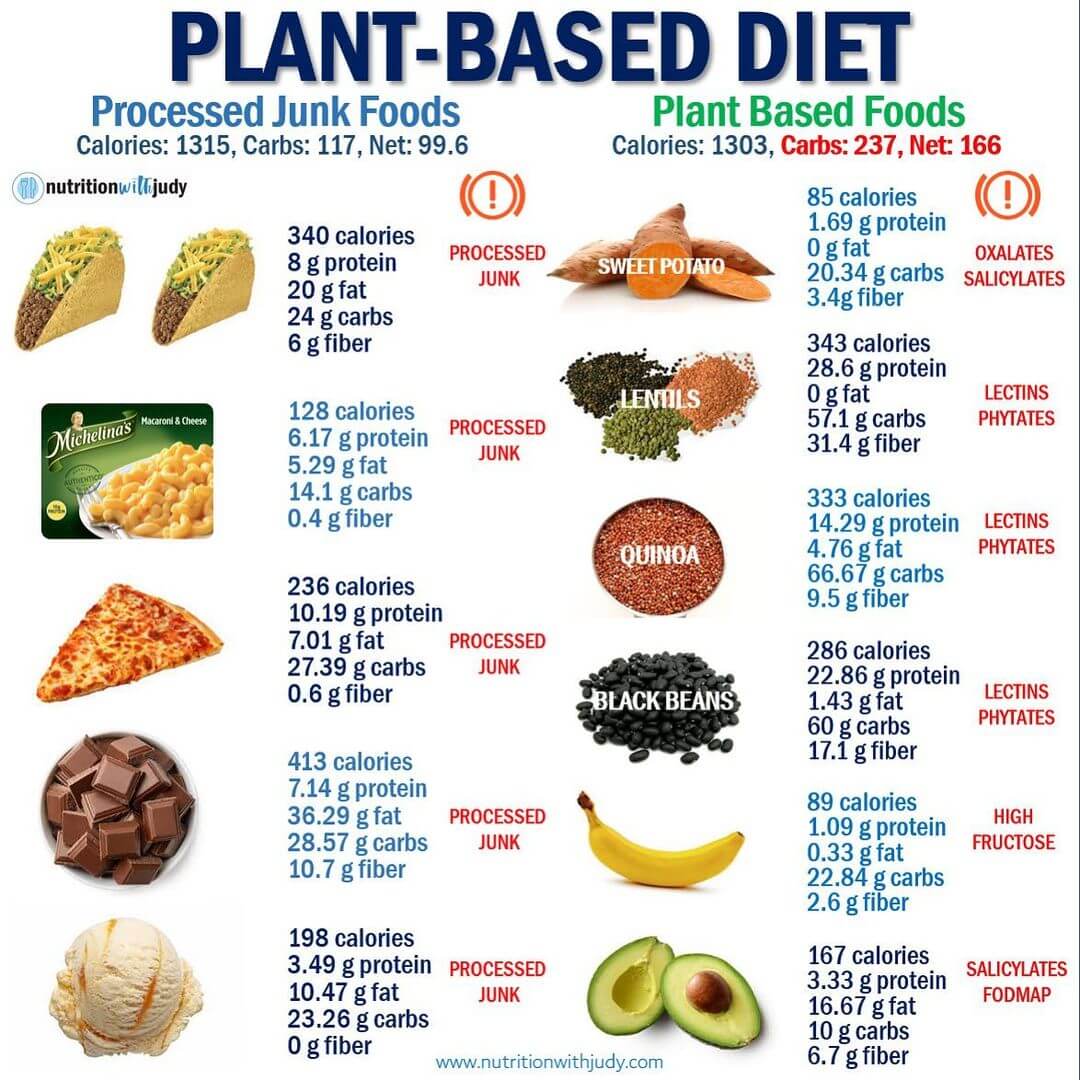

Foods high in lectins play a significant role in our diet and health, particularly for those considering a switch to a carnivore diet. Lectins are primarily found in legumes and grains, where they interfere with the absorption of essential minerals such as calcium, iron, phosphorus, and zinc, and disrupt the digestive process. Here’s a comprehensive list of foods known to be high in lectins:
- Legumes: This includes all beans (such as kidney beans, black beans, and lima beans), lentils, soybeans, and peanuts. Legumes are not only high in lectins but also other anti-nutrients and mold contamination, making them a major focus in discussions about lectin content in foods.
- Grains: Wheat, barley, rice, and corn are common examples. Grains, especially those that are not properly processed (such as sprouting or fermenting), are rich in lectins.
- Nightshade Vegetables: Such as tomatoes, potatoes, eggplants, and peppers. These vegetables contain lectins and other compounds that can cause digestive issues for some individuals.
- Nuts and Seeds: Nuts and seeds also contain lectins, with peanuts and cashews being among the highest.
Avoiding or minimizing these foods can help reduce the intake of lectins, which is a key aspect of the carnivore diet. This approach is especially beneficial for individuals who are sensitive to these anti-nutrients or are managing autoimmune diseases and other chronic conditions.
Other Foods With Lectins
In addition to foods high in lectins, it’s important to be aware of those containing mild to moderate levels. While these may not present as much risk as high-lectin foods, they can still contribute to lectin intake, especially when consumed in large quantities. Here’s a list of such foods:
- Some Fruits: Certain fruits such as berries and citrus fruits contain lower levels of lectins. However, their lectin content is significantly less compared to foods such as legumes and grains.
- Some Vegetables: Vegetables such as asparagus, garlic, and onions have mild lectin content. These are generally considered safer in a lectin-conscious diet but should be consumed in moderation.
- Other Grains: Quinoa, amaranth, and buckwheat, often considered healthier grain alternatives, contain moderate levels of lectins.
- Certain Nuts and Seeds: Some nuts and seeds have lower lectin levels compared to others. For instance, macadamia nuts and flaxseeds are on the lower end of the lectin spectrum.
Conventional meat and dairy that are supplemented with a grain diet may have small levels of lectins, particularly in non-ruminant animals such as poultry or pork. While lectins can accumulate in animal tissue, in our clinical experience, many people can heal from this quality of meat. For individuals struggling with autoimmunity and deeper health issues, you may need to source higher-quality pasture-raised, grass-finished meats temporarily as you heal.
Understanding the lectin content in these foods can help in making informed dietary choices, especially for those following a carnivore diet or individuals with sensitivities to lectins. Consuming these foods in moderation or opting for better preparation methods (such as soaking, sprouting, or fermenting) can help minimize their lectin content.
Who Should Avoid Lectins?


Lectins, while a natural component of many plant foods, can pose health challenges for specific groups of individuals, particularly those with autoimmune issues and those in need of gut healing. People with autoimmune conditions often experience heightened sensitivity to lectins due to their potential to exacerbate immune responses and inflammation. This sensitivity arises because lectins can bind to the intestinal lining, leading to a compromised gut barrier and triggering immune reactions, thereby worsening autoimmune symptoms.
For those undergoing gut healing, avoiding lectins is crucial. The integrity of the gut lining is essential for overall health, and lectins can interfere with its repair and maintenance. A compromised gut lining can lead to a range of health issues, including increased gut permeability (commonly known as “leaky gut”), which is implicated in various autoimmune and chronic diseases.
Once the root cause of their health issues is addressed, individuals may gradually reintroduce lectins in controlled amounts to gauge their tolerance. However, the degree to which lectins can be reintroduced depends on the individual’s unique health status and response. Some may find they can tolerate certain lectin-containing foods without adverse effects, while others might need to continue limiting or avoiding them altogether. Personalized dietary strategies are key in managing and maintaining long-term health, especially for those with autoimmune conditions or gut health issues.
The Carnivore Diet and Lectins
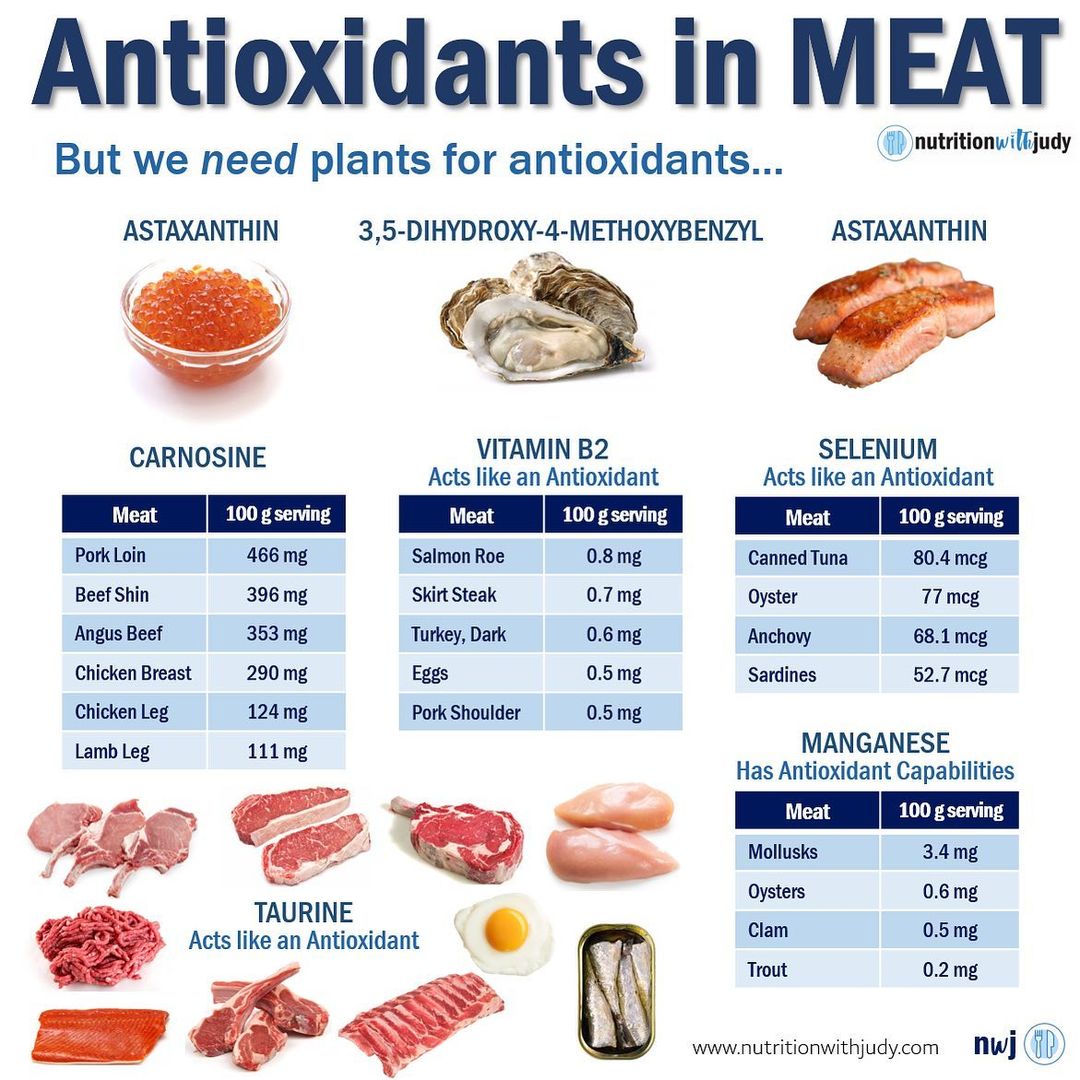

The carnivore diet, a regimen focused exclusively on animal products, emerges as an optimal choice for those seeking to avoid lectins and other plant anti-nutrients. By its nature, the carnivore diet eliminates exposure to lectins, phytic acid, oxalates, and other compounds found in vegetables, grains, legumes, nuts, and seeds, which can interfere with nutrient absorption and digestive health.
For individuals sensitive to plant anti-nutrients, the carnivore diet offers a straightforward solution. It sidesteps the potential negative effects these compounds can have, such as mineral deficiencies, gut health issues, and exacerbated autoimmune responses. The diet’s emphasis on high-quality animal proteins and fats ensures adequate nutrient intake without the complications of anti-nutrients found in plant sources. This is particularly beneficial for those with autoimmune diseases, digestive disorders, or those who have not found relief from symptoms with other dietary approaches.
Moreover, the simplicity of the carnivore diet aids in eliminating variables that might contribute to health issues, making it easier to identify and address specific dietary sensitivities. This aspect is crucial for individuals in the process of healing or managing chronic conditions. While the carnivore diet may not be suitable for everyone, its effectiveness in avoiding plant anti-nutrients makes it a compelling option for those looking to optimize their health through dietary choices.
When to Reintroduce Lectin-Containing Foods On the Carnivore Diet
The Carnivore Cure book provides an extensive and individualized guide for navigating the carnivore diet, particularly focusing on the strategic reintroduction of foods after an initial elimination phase. The book starts by recommending a strict elimination diet, often based on ruminant meats only, to reset the body and identify personal sensitivities. This approach is particularly effective for individuals dealing with chronic health issues, as it allows the gut to heal and the immune system to stabilize without the interference of potential irritants from food.
As one progresses and observes improvements in health, the book guides the gradual reintroduction of other animal products and, eventually, certain plant foods. However, it emphasizes that lectin-containing foods, known for their potential to disrupt gut health and immune function, should be among the last to be considered for reintroduction. This cautious approach is vital because even small amounts of lectins can be problematic for some individuals, especially those with a history of autoimmune or gut-related issues.
The reintroduction phase is highly personalized, acknowledging that each person’s response to different foods can vary dramatically. Some may find they tolerate certain lectin-containing foods well, while others may discover that even minimal exposure triggers symptoms. The book advises careful monitoring of one’s reactions during this phase, suggesting adjustments as needed to maintain optimal health.
In essence, the Carnivore Cure serves as a comprehensive roadmap for those following the carnivore diet, providing critical insights into how to tailor the diet to one’s unique health needs and goals. It underscores the importance of personalization in diet, particularly for those with sensitive health conditions, and advocates for a mindful and gradual approach to dietary reintroductions to ensure sustained health benefits. You can also work directly with our team for practitioner guidance on when to reintroduce lectin-containing foods.
Closing Thoughts On Lectins and the Carnivore Diet
Lectins, a type of protein found in many plants, are a primary focus for those considering a dietary shift, particularly towards a carnivore diet. High in legumes, grains, and certain vegetables, lectins can hinder nutrient absorption and disrupt gut health. Their binding to the intestinal lining has been linked to autoimmunity and chronic conditions, necessitating caution among individuals with these issues. Foods such as beans, wheat, nightshades, and certain dairy and nuts are especially high in lectins, while some fruits, vegetables, pseudo-grains, and meats contain moderate levels.
The carnivore diet, which consists solely of animal products, emerges as an optimal choice for avoiding lectins and other plant anti-nutrients. This diet is particularly beneficial for those with autoimmune diseases, gut health issues, or sensitivities to plant compounds. “The Carnivore Cure” book offers a structured approach to this diet, starting with an elimination phase focused on ruminant meats to heal the gut and identify food sensitivities. The cautious reintroduction of other foods, including lectin-containing ones, is a highly individualized process, based on personal health responses and tolerance levels.
Understanding lectins and their impact is crucial for those seeking dietary solutions for health issues. The carnivore diet, with its focus on animal-based foods, provides a clear path to avoid these anti-nutrients, supported by tailored guidance such as that in the Carnivore Cure.
Work With Our Trusted Carnivore Diet Functional Nutritional Therapy Practitioners
The Nutrition with Judy practice is honored to be a trusted carnivore diet practitioner support serving clients from around the globe. We’re passionate about helping our clients achieve root-cause healing in order to lead the best quality of life possible that’s nearly symptom-free. Our team is dedicated to educating our community about the incredible benefits of the carnivore diet. We welcome you to explore our free resources and are always available to support you through personalized protocols. Our Symptom Burden Assessment (SBA) is the perfect starting point for discovering your root cause and is required to work with our team— you can learn more in-depth about this powerful tool here.
Start your root-cause healing journey today and contact us any time with any questions or concerns.
DISCLAIMER: This content is for educational purposes only. While we are board-certified in holistic nutrition and are nutritional therapy practitioners, we are not providing medical advice. Whenever you start a new diet or protocol, always consult with your trusted practitioner first.




